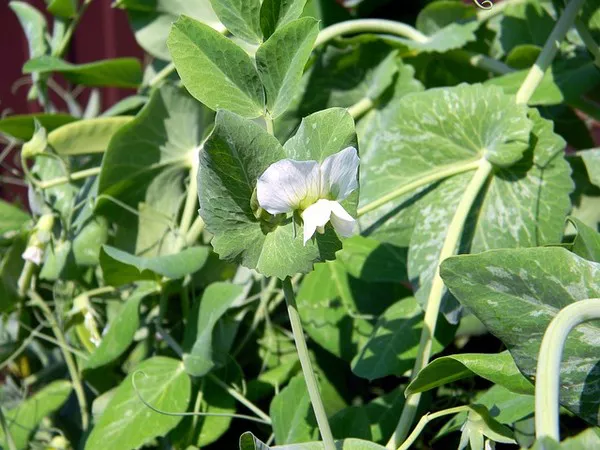Researchers from Leipzig University, Friedrich Schiller University Jena, the German Center for Integrative Biodiversity Research Halle-Jena-Leipzig (iDiv), and other esteemed institutions have unveiled a groundbreaking natural solution to counter the impacts of climate change, particularly extreme weather events. The study, recently published in the journal Nature Geoscience, demonstrates that high plant diversity serves as a crucial buffer against fluctuations in soil temperature, playing a pivotal role in preserving essential ecosystem processes.
Dr. Yuanyuan Huang, the lead author of the study, highlights the central role of soil temperature in governing vital ecosystem processes related to water, carbon and nutrient dynamics, microbial activity, and agricultural productivity. The research, spanning from 2004 to 2021, is based on data collected in a large-scale grassland biodiversity experiment known as the Jena Experiment. This experiment comprises 80 plots with varying plant diversity, ranging from one to 60 species, offering valuable insights into the long-term impact of plant community development on soil temperature.
The comprehensive analysis, conducted over 18 years, revealed that plant diversity acts as a natural buffer, providing stability in the face of climate extremes. Notably, plant diversity exhibited a remarkable ability to mitigate soil temperature fluctuations, preventing overheating during scorching heat and retaining warmth in colder periods.
In scorching summer conditions, plant communities with 60 species experienced soil temperatures 5.04°C lower than plots devoid of plants. Conversely, on days with exceptionally low air temperatures, the 60-species plant community maintained soil temperatures 1.48°C warmer than plant-free plots. These findings highlight the stabilizing effect of plant diversity, intensifying as experimental communities matured and proving more pronounced under harsh climate conditions.
To unravel the mechanisms behind this stabilizing effect, researchers discovered that plant diversity increased the total leaf area, enhancing shading, and raised the organic carbon content of the soil. This, in turn, reduced heat conduction in the top 60 centimeters of soil, ensuring greater stability in soil temperature throughout the year and across the topsoil in communities with higher plant diversity.
The implications of these findings are far-reaching, particularly in temperate grasslands, where the stabilization of soil temperature by plant diversity could mitigate the adverse effects of extreme climate events. The study suggests that this natural mechanism has the potential to slow down the process of global warming, impacting the decomposition of carbon in the soil and its release into the atmosphere.
Professor Nico Eisenhauer, head of the study and spokesperson for the Jena experiment, emphasizes the significance of biodiversity in acting as a protective shield against climate change impacts. He notes that the study not only contributes to our understanding of the vital role of biodiversity but also offers hope in the ongoing battle against climate change, underscoring the importance of conserving and promoting biodiversity for a sustainable future.


